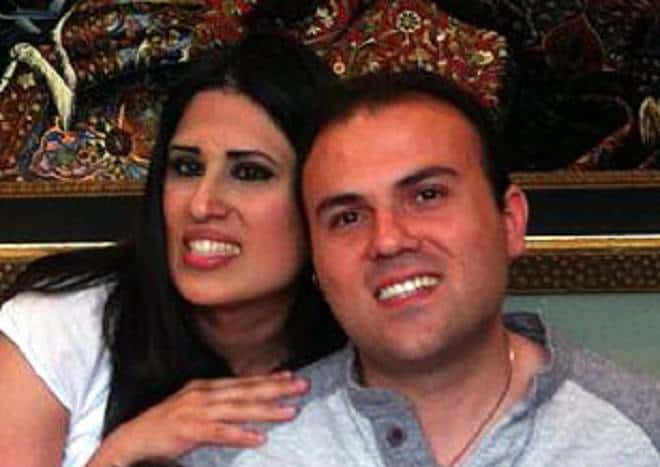Grace Thornton/Baptist Press
TEHRAN, Iran (BP) – The life of American pastor Saeed Abedini is “directly at risk” after he was transferred Nov. 3 to an “even more dangerous” Iranian prison, according to Jay Sekulow, chief counsel of the American Center for Law and Justice.
“Rajai Shahr Prison is where prisoners are sent to disappear – many are murdered at the hands of other prisoners,” Sekulow said.
Abedini’s move to Rajai Shahr Prison – where he is being held in a cell block with murderers and rapists – came on the International Day of Prayer for the Persecuted Church.
It also came two days after four U.S. Senators proposed a bipartisan resolution calling “on the Government of Iran to immediately release Saeed Abedini and all other individuals detained on account of their religious beliefs.”
One of those individuals is Iranian pastor Behnam Irani, who has served nearly 900 days in prison, according to World News Service. Irani, charged with holding church services and sharing the gospel with Muslims, has four years remaining on his sentence. In prison he has suffered from major health issues without adequate medical treatment.
In September, Irani’s attorney appealed his prison sentence. Iranian authorities had granted freedom to 11 prisoners of conscience, and the pastor hoped a judge would reconsider his sentence. Present Truth reported the judge stated the only way he would pardon and release Irani was “if he repented and returned to Islam.” The ministry reports: “He will not accept this condition and will remain in prison.”
In a country where less than half a percent of the population are Christians, devotion to Christianity remains dangerous.
Abedini turned from Islam to Christ at age 20 while living in Iran. After establishing a network of house churches, he moved to the U.S., where he lived in the Boise area with his wife Naghmeh and two children.
On a visit to Iran in September 2012 to lay the groundwork for an orphanage, Abedini was arrested and handed an eight-year prison sentence.
Up until his transfer his parents, who live in Iran, were allowed to visit him, though he was forbidden to speak with his wife and children. In Rajai Shahr Prison, however, visitors are not allowed.
“Rajai Shahr is the place where political prisoners who are seen as a nuisance are stowed away,” said Loes Bijnen, a Dutch diplomat from the embassy in Tehran. “Once in there one stops to be a human being.”

